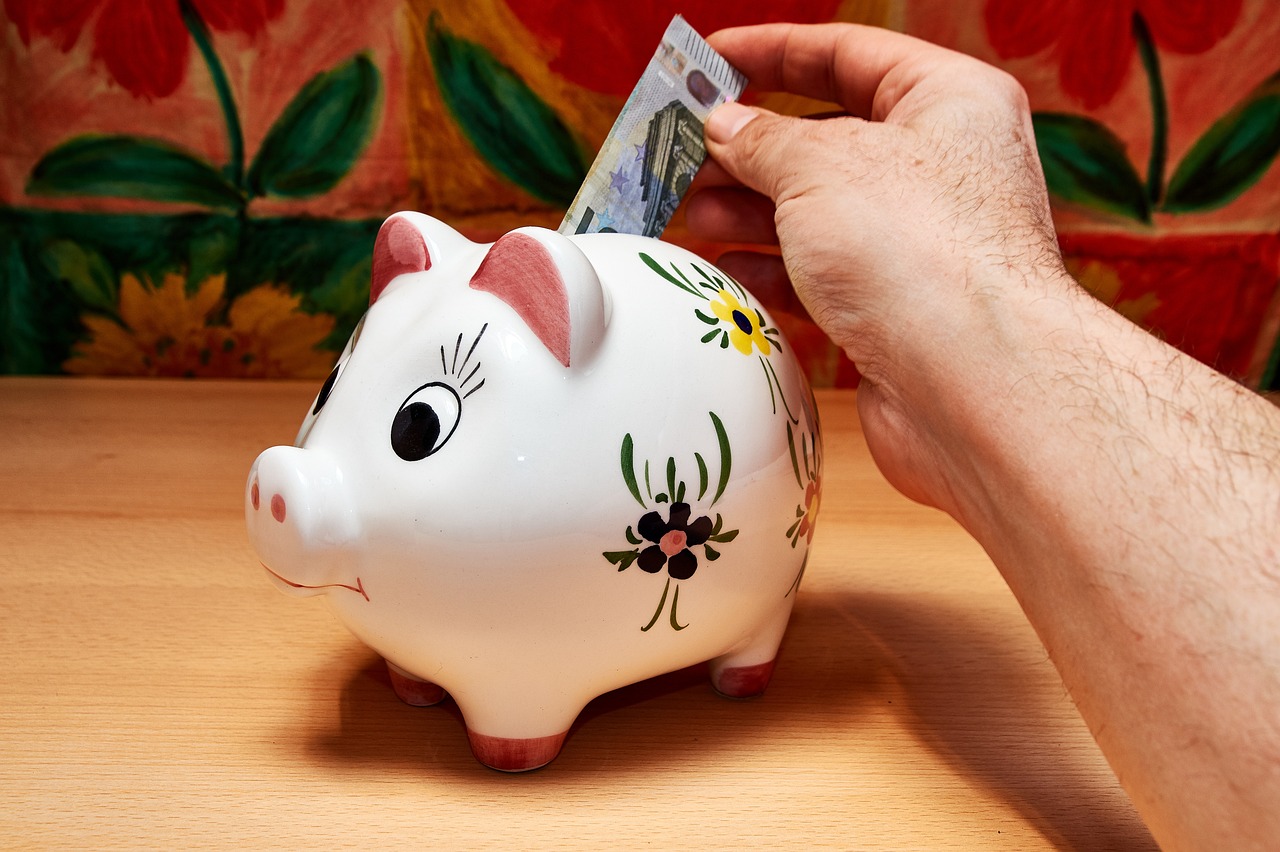Almost 60% of Americans don’t have a $1,000 saved for emergencies. Think about that. In the so-called richest country in the world, there are people in the U.S. earning six figures annually living paycheck to paycheck. The reason that percentage is so high is because most people are spenders. They never conditioned themselves to save.
Your habits are formed from what you practise often. If you never learnt to control yourself from spending often, you’ll likely engage in regular purchases. That habit entrenches itself in you the more you spend. To save money, you have to build good money habits.
That’s challenging for most people because they don’t know how to build good money habits or they are not prepared to make any sacrifices. They want to continue to live their current lifestyle but hope to achieve different results. It doesn’t work that way.
With most people struggling financially, there are two reasons why they are not prepared to make sacrifices: status and comfort.
What is Status?
Status is your social and professional standing. It’s usually a reflection of your success. Most of us want to appear successful to others, and we show that perceived success in various forms. Some examples include using vehicle finance to show off our fancy car and posting on social media our exotic vacation, which was funded by a credit card.
People’s fascination with cars has gotten completely out of control. The average payment for a used vehicle is $500 and $700 for a new vehicle in the U.S. That doesn’t include gas and other expenses associated with car ownership. Yet, most owners of these cars don’t want to part ways with them because they enjoy the feeling of others being impressed by their car when they pull up to a traffic light.

Their ego is attached to the ownership of these vehicles, and they feel that their status is at risk if they sell them. Some owners of fancy cars are worried about what their family, friends and colleagues will think of them if they no longer drive a fancy vehicle and instead opt for a cheap one purchased with cash. They feel that they will downgrade in life and others will deem them to be failures. And their ego can’t take that blow.
It’s crazy to believe, but a lot of people struggling financially will structure their lives to protect their ego instead of restructuring their budget to improve their finances.
It’s completely normal to strive to elevate your status as much as possible. There’s nothing wrong with driving a fancy car and taking a vacation to an exotic island if you can afford it with cash. And that’s the rub. Most people can’t afford those luxuries with cash, so they turn to debt.
By using debt, these people have elevated themselves superficially. They’re standing on a pedestal that’s held up by debt. What’s worse is that they usually have to take on more debt to continue funding a lifestyle that they can’t afford.
Since they’re living above their means, they cannot develop good money habits. They’re not even thinking about that because they’re focused on maintaining a lifestyle that feeds their ego instead of aiming for financial prosperity.
What is Comfort?
Comfort is the degree of convenience that your lifestyle allows you to enjoy. The less you sacrifice, the more comfortable you are. Enjoying comfort doesn’t always involve lavish purchases such as fancy cars that enable you to commute to work in your own vehicle as opposed to using public transportation or walking.
One way of indulging in comfort is by ordering food online. It’s more convenient and comfortable for somebody to prepare the food and deliver it to your door instead of you going to the grocery store and then preparing the food yourself. The latter option is usually cheaper. Dining out is another major expense for a lot of people.

Since you have to eat every day, most people engage in this spending habit daily. But you’ve got a choice to opt for a cheaper option, which is to buy food from a grocery story, or spend about twice that amount at restaurants for the same portion of food. Even worse is when you use credit cards to pay for the takeout or dining out.
What is the Solution?
You have to let go of the status and comfort that you can’t afford, and make adjustments. That means you need to make sacrifices. If you fund status and comfort with debt, you’re digging a hole deeper when you’re trying to get out of it.
More debt is never the solution.
The best decision I made when I became homeless was to stop taking out more debt. The solution wasn’t to use a second credit card to pay off the first one. I had to work myself out of debt. And once I became debt-free, I promised myself to never go into debt again.
How Do You Build Good Money Habits?
The long-term solution is to get out of debt and stay out of debt. To stand the highest chance of achieving that, you have to condition yourself to save. Besides letting go of the status and comfort that you funded with debt, you have to learn to delay gratification.
One of the main reasons people are spenders is because they want instant gratification. That makes them act impulsively. As soon as they receive money, they part ways with it because they’ve been itching to buy an item that they most likely don’t even need.
Instant gratification is one of the main drivers for compulsive spending. The more you spend compulsively, the more that habit becomes entrenched in you. The goal is to strengthen your financial saving muscle by delaying gratification.
After I learnt to delay gratification, I no longer acted impulsively,. That enabled me to examine a purchase before rushing into it. I’d ask myself if I really needed that purchase and if it was worth it. In most instances, I ended up backing out of that purchase because I convinced myself that I would be fine without it.
Practising delayed gratification over and over again helped me to strengthen my financial saving muscle. Naturally, I got to a point where it was easy to resist the urge to buy a product because I valued growing my savings, which earned me interest, rather than buying something immediately and having no money later.
A key point to determine if you’ve transitioned from a spender to a saver happens when you earn more money. Spenders love a higher income because they believe that they have more funds to spend, whereas savers are grateful that they have more money to save and invest.
CHECK OUT MY NEW BOOK — From Homeless to Debtless with Savings





Leave a Reply